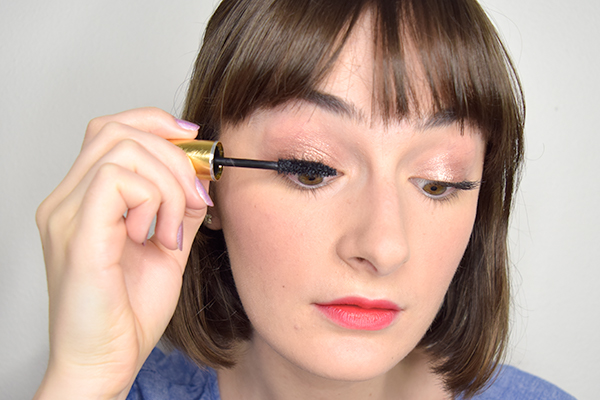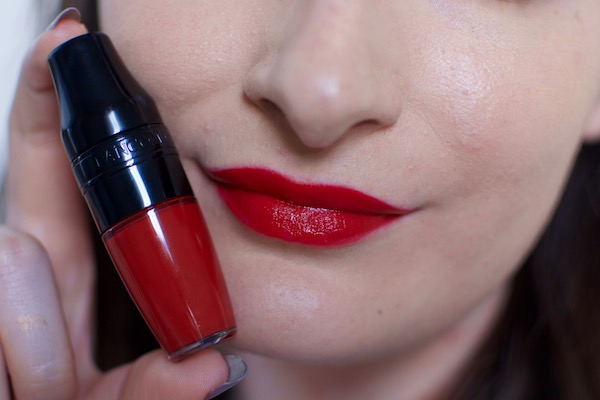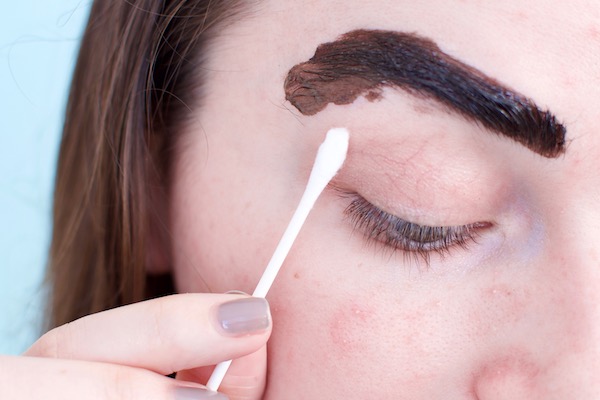Is Ethylhexylglycerin as dangerous as it sounds? Find out the truth here:
Don’t you hate it when the chemicals in your beauty products, shampoos, and conditioners are impossible to pronounce? To me, it always makes me wonder what exactly is in the products. What complicated chemical processes have been used to produce whatever ingredients make up my skincare lotions and creams? Are they as dangerous as they sound?
Ethylhexylglycerin is one of these ingredients that you’ll often find in your beauty products, but if you’re anything like me, you probably have no idea what the heck it is. The truth may surprise you…
What is Ethylhexylglycerin and Why Is It in My Beauty Products?
We all know that parabens are horrible chemicals that have been linked to a number of health problems, such as cancer, organ failure, nervous system damage, and so on. Manufacturers are always looking for new and safer alternatives to these parabens. Sadly, parabens are some of the most effective preservatives around, so in order to replace them, manufacturers need to find something that preserves skincare products as effectively as the harmful parabens.
That’s where ethylhexylglycerin comes in! It turns out that ethylhexylglycerin is a preservative that is used as an alternative to parabens. It may not be quite as effective, but it’s believed to be far safer and less detrimental to your health than parabens.

READ MORE: Butylene Glycol in your Skincare: How Dangerous Is It?
As its name suggests, ethylhexylglycerin is made using glycerin. Glycerin is a simple polyol compound derived from sugar alcohol. It is both colorless and odorless, and it is one of the most common ingredients in your skincare products. It is water soluble, so it can be added to liquid easily, but when mixed with the right chemicals, it can be a useful preservative.
So, ethylhexylglycerin is a preservative, meaning it helps to keep the various natural ingredients in your beauty products from spoiling. It also helps to reduce the surface tension between the various liquids and oils in your beauty products. If you’ve ever mixed olive oil and water in a jar, you know how much surface tension there can be. Thanks to ethylhexylglycerin, the natural oils and less dense liquids in your skincare products will mix together–making a product with a single, smooth consistency.
Thankfully, it’s usually only added to your skincare products in minute amounts, just enough to preserve the ingredients and promote effective mixtures. It’s a much safer ingredient than parabens, making it a better choice for manufacturers who want to preserve their product but WITHOUT causing any health risks to their users.
The ethylhexylglycerin can help to increase the lifespan or shelf-life of your beauty products, ensuring that they last longer even if you don’t use them. Without ethylhexylglycerin, the natural compounds, essential oils, and ingredients in the beauty products would spoil more quickly, and you’d end up with rotten soap, shampoo, or lipstick.
One thing you need to know is that ethylhexylglycerin isn’t safe 100% of the time. In two separate studies–published in both Unbound Medicine and the journal Contact Dermatitis–it was proven that ethylhexylglycerin can be irritating to the skin.
However, you need to realize that there are A LOT of things that can cause contact dermatitis and skin irritation. For example, many people are allergic to pineapples or mangoes, and eating them will cause contact dermatitis around the mouth or even hives. Some people are allergic to the compounds and antioxidants in green and black tea, while others cannot touch strawberries without breaking out in a rash.
As long as YOUR skin doesn’t suffer when you apply ethylhexylglycerin-containing products, you have nothing to worry about!









Nice article with the exception of the inaccurate and over exaggerated comments regarding parabens. All parabens are not evil or horrible and much of the negativity is based on faulty science and media hysteria.
more like the faulty science is saying they are safe. you can look at any study and they all say cancer is on the rise globally. there is not a reason for it, but multitude of reasons, and any such chemicals deserves a critical eye and further studies, especially when there’s already been proven a linkage. for most proven link is already enough to just play it safe, until the science gets settled. which could take longer than our lifetimes, so we don’t have time to wait for that, no matter what paid by big pharma and cosmetics industry public relations propagandists says.